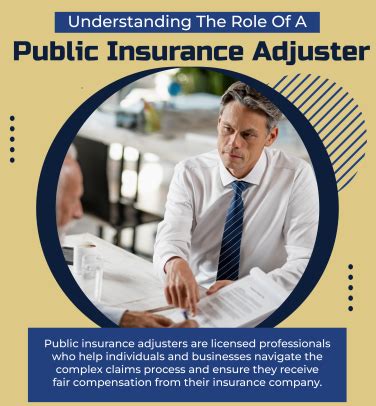Insurance Adjuster Contact: The Crucial Timeline
Making contact with an insurance adjuster after an accident or loss is a critical first step in your claims process. The speed and efficiency of this contact, and the subsequent communication, can significantly impact the outcome of your claim. This article outlines the crucial timeline for contacting an insurance adjuster and provides valuable insights into what you should expect at each stage. Understanding this timeline empowers you to navigate the claims process effectively and protect your interests.
How Soon Should I Contact My Insurance Adjuster?
Ideally, you should contact your insurance company as soon as possible after the incident. Many policies have reporting deadlines, and prompt notification helps ensure you're within the timeframe stipulated in your policy. Don't delay, even if the damage seems minor. A seemingly small issue might escalate, and timely reporting protects your coverage.
What Happens Immediately After Contacting My Insurer?
Once you report your claim, the insurance company will begin its investigation. This often involves assigning an adjuster to your case. The adjuster will then contact you, usually within a few business days, to gather information about the incident, document the damage, and begin the assessment process. Be prepared to provide detailed information, including dates, times, locations, and witness details, if applicable. Photos and videos of the damage are crucial supporting evidence.
What's the Typical Timeline for an Adjuster's Initial Contact and Claim Assessment?
While the timeline varies based on the complexity of the claim and the insurance company's workload, expect initial contact from your adjuster within 1-3 business days of reporting your claim. The initial assessment of the damage might involve a phone call, but many adjusters prefer an in-person inspection to accurately assess the extent of the loss. This in-person visit usually happens within a week or two of the initial contact, but this can vary based on the severity of the damage and the adjuster's availability.
What if the Adjuster Isn't Contacting Me?
If you haven't heard back from your adjuster within a reasonable timeframe (a week to ten days), it's essential to follow up. Call your insurance company directly and inquire about the status of your claim. Keep records of all your communications.
How Long Does it Take to Get a Claim Settlement?
The time it takes to reach a claim settlement greatly varies. Simple claims, with clear liability and minimal damage, might be settled within a few weeks. More complex claims, involving significant damage, multiple parties, or disputes over liability, can take several months, or even longer, to resolve. Be patient, but also proactive in following up with your adjuster throughout the process.
What Factors Influence Claim Settlement Time?
Several factors influence how long a claim takes to settle:
- Complexity of the Claim: Minor damage claims are usually quicker to resolve.
- Liability: If liability is clear-cut, the settlement process is typically faster.
- Availability of Evidence: Supporting documentation and evidence significantly expedite the process.
- Insurance Company Workload: Backlogs can delay claim settlements.
- Negotiation: Disagreements between parties can prolong the process.
What Should I Do If I Disagree With the Adjuster's Assessment?
If you disagree with the adjuster's assessment of the damage or the claim settlement amount, it's crucial to express your concerns promptly and professionally. Provide additional evidence to support your claim. If negotiations fail, you may need to consider mediation or legal counsel.
How Can I Effectively Communicate with My Insurance Adjuster?
Maintain clear, concise, and professional communication with your adjuster throughout the process. Keep records of all communication, including emails, phone calls, and any in-person meetings. This documentation will prove invaluable if disputes arise.
By understanding this crucial timeline and taking proactive steps to communicate effectively, you can significantly improve your chances of a fair and timely settlement of your insurance claim. Remember, documentation is key, and prompt communication is crucial in navigating the insurance claims process successfully.

